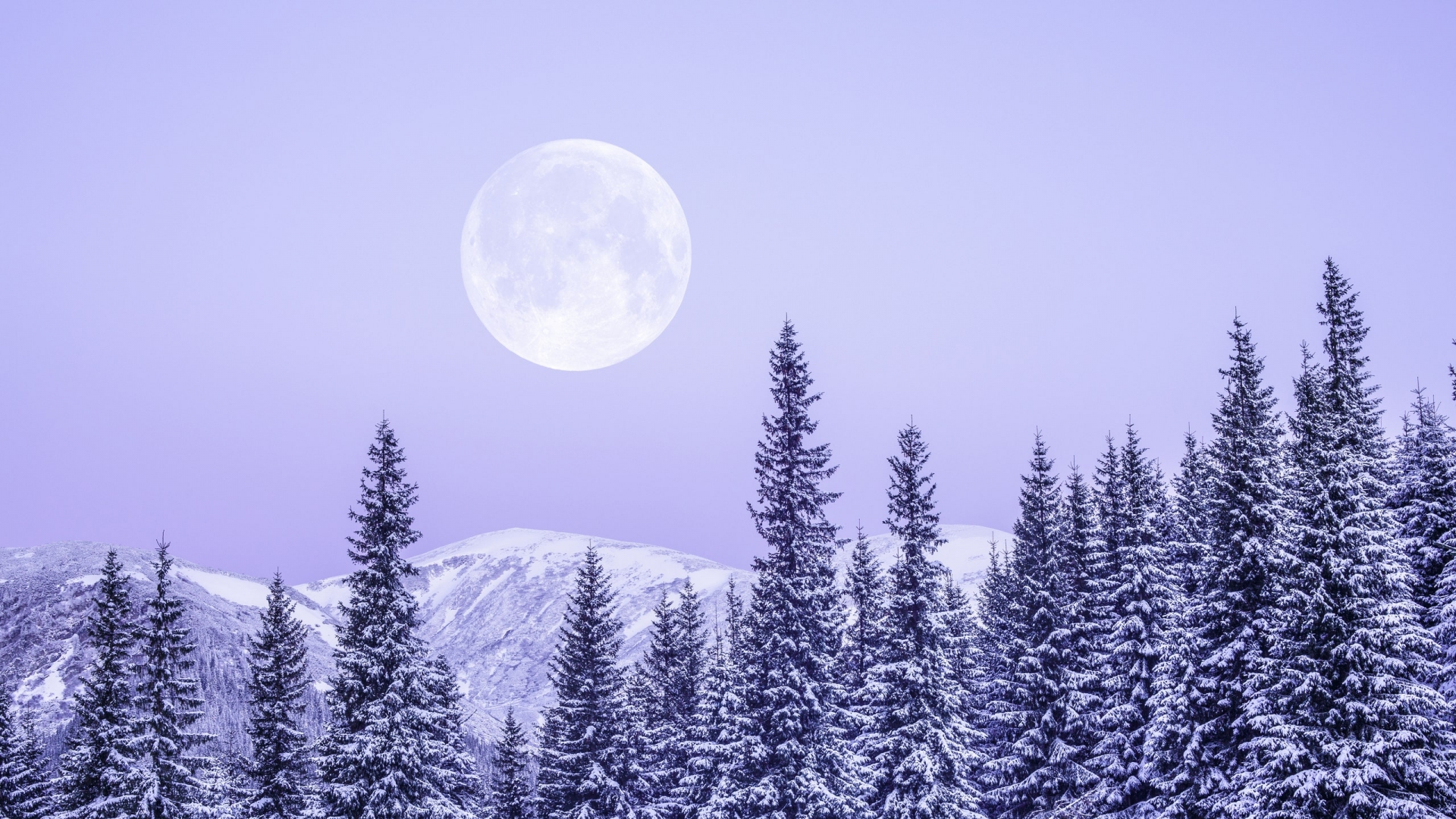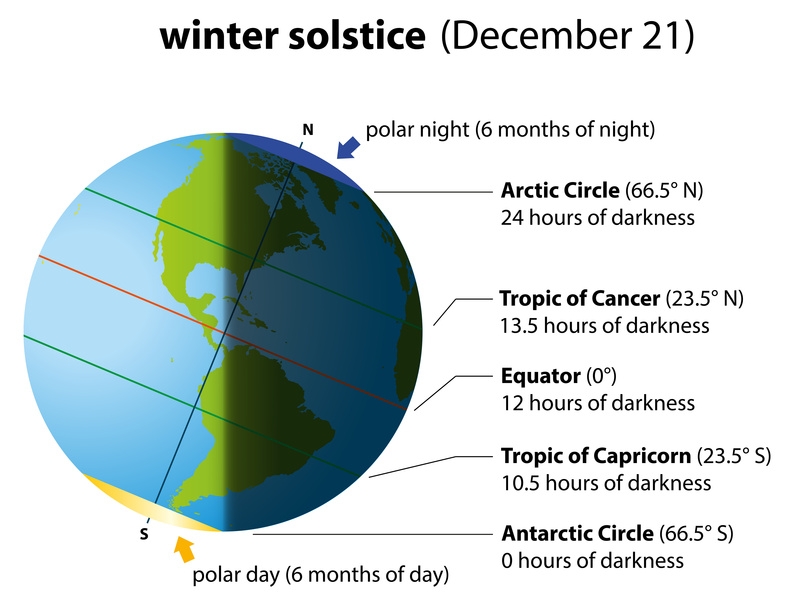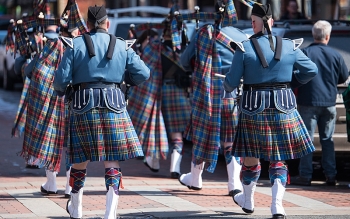Winter Begins: Meaning and Acitivities!
 |
| Photo: TeenVogue. |
The definition of Winter Begins
Winter Begins or Winter Solstice is the astronomical moment when the Sun reaches the Tropic of Capricorn, we have our shortest day and longest night of the year in the Northern Hemisphere in terms of daylight. As reported in the farmersalmanac.com, regardless of what the weather is doing outside your window, the solstice marks the official start of winter.
When the "Winter Begins" occurs?
Predictably, 2020's winter solstice for the Northern Hemisphere occurs on Monday, December 21, 2020 at 5:02 a.m. EST.
 |
| The orbit of the Earth on 21st December. Photo: Farmers almanac. |
Why humankind should celebrate "Winter Begins"?It’s full of symbolism The first reason listed by The National Today is the symbolism carried by "Winter Begins". Whether or not you happen to be sensitive to long hours of darkness, it’s impossible not to interpret this day as an optimistic turning towards brighter moments. Across the world, various holidays have been celebrated on this day in various spiritual and religious traditions, but they all have an element of rebirth and renewal involved. It’s a reminder of how small we are The word “solstice” comes from the Latin word "solatium," which means, “the Sun sands still.” That’s because, on this day, the sun reaches its Southern-most position as seen from the Earth, and seems to stand still at the Tropic of Capricorn before it changes direction. It’s hard to focus on your own small problems and concerns if you’re thinking about these huge planets and their movement through the universe, don’t you think? And that’s why we love it. For the sense of perspective. It’s going to be easier to get out of bed from now on The seasonal affective disorder affects around 20% of Americans, when the reduced light, warmth and colour of winter leave a person feeling down, irritable, and tired. It can make it hard to function during the winter months, affecting relationships and even just the ability to get out of bed and get on with your day. For those who find winter a slog, the knowledge that the planet keeps on turning and things will get easier from now on can be a blessed relief. |
"Winter Begins" Folklore and Celebrations
The Winter Solstice has played an important role in cultures worldwide from ancient times until today. In fact, many of the customs, lore, symbols, and rituals associated with Christmas are actually associated with Winter Solstice celebrations of ancient Pagan cultures.
Alban Arthan, Welsh for “Light of Winter,” is a universal festival, which has been (and still is) celebrated by many people and is probably the oldest seasonal festival of humankind. It marks the moment in time when the Old Sun dies (at dusk on the 21st of December) and when the Sun of the New Year is born (at dawn on the 22nd of December), framing the longest night of the year. The birth of the New Sun is thought to revive the Earth’s aura in mystical ways, giving a new lease on life to spirits and souls of the dead.
The Feast of Juul was a festival observed in Scandinavia when fires were lit to symbolize the heat, light and life-giving properties of the returning Sun. A Yule—or Juul—log was brought in and burned on the hearth in honour of the Scandinavian god, Thor. It was Thor’s job to bring the Sun’s warmth back to the people. In England, Germany, France, and other European countries, the Yule log was burned until nothing but ash remained. The ashes were then collected and spread into the fields as fertilizer every night until Twelfth Night, or worn around the neck as a charm. French peasants would place the cooled ashes from the log under their beds, believing they would protect the house against thunder and lightning. The present-day custom of lighting a Yule log at Christmas is believed to have originated with these fires associated with the Feast of Juul.
In addition to the traditions from western cultures, the Dongzhi Winter Solstice Festival is celebrated as a time for the entire family to get together to celebrate the past good year. As ancient Chinese thought, the yang, or muscular, positive things will become stronger and stronger after this day, so it should be celebrated. Dumplings are usually eaten.
Saturnalia – In Ancient Rome, the Winter Solstice festival referred to as Saturnalia began on December 17 and lasted for seven days. It was held to honour Saturnus, the Roman god of agriculture and harvest, and was characterized by the suspension of discipline and reversal of the usual order.
 | When is Buy Nothing Day: Definition, Significance and Creative Ideas 27 November is coming, which means Buy Nothing Day is going to be celebrated all over the world. Let's find out the definition, significance and ... |
 | When is St. Andrew's Day: Meaning, history and celebration 30 November is coming, which means St. Andrew's Day is going to be celebrated all over the world. Let's find out the meaning, activities and ... |


























